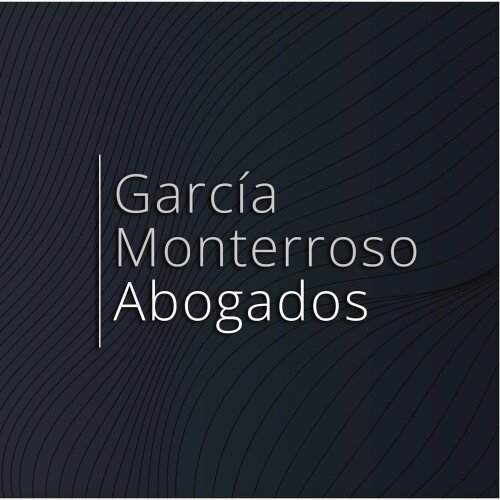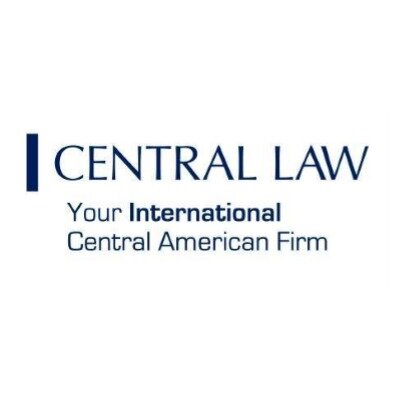Best Patent Lawyers in Guatemala City
Share your needs with us, get contacted by law firms.
Free. Takes 2 min.
List of the best lawyers in Guatemala City, Guatemala
About Patent Law in Guatemala City, Guatemala
Patent law in Guatemala is primarily governed by the Industrial Property Law (Decree No. 57-2000), a federal law that provides inventors exclusive rights over their inventions for a certain period of time. If you have invented a new and useful process, machine, manufacture, or composition of matter, or any new and useful improvement thereof, you could seek a patent in Guatemala. An application must be filed with the Guatemalan Intellectual Property Registry and should demonstrate novelty, inventiveness, and industrial applicability of the invention.
Why You May Need a Lawyer
Navigating through the patent registration process in Guatemala can be complicated due to the technical nature of patent law and the detailed process involved in patent registrations and dispute resolutions. You might need a lawyer to help with patent searches, preparing and filing patent applications, disputing patent rejections, enforcing patent rights, and handling patent-related litigation. Lawyers can also provide guidance on international patent protections if your invention has market potential beyond Guatemala.
Local Laws Overview
In Guatemala, the enforcement of the patent laws is carried out by the Direction General of Intellectual Property. Patents are protected for a period of 20 years from the date of filing, after which it enters the public domain. Patents must be renewed annually and there is a grace period of 6 months for late renewals. Remember, only original inventions - not discoveries, scientific theories or mathematical methods - are patentable. Also, any technology or process that could pose health or environmental risks is not patentable.
Frequently Asked Questions
1. How long does the patent process usually take in Guatemala?
The patent registry process could take anywhere from two to four years.
2. Can I register a patent in Guatemala if I have already registered it in another country?
Yes, Guatemala is part of the Paris Convention, which allows for priority filing based on a foreign patent application.
3. Are there any official languages for filing a patent in Guatemala?
Yes, the official language for filing a patent application in Guatemala is Spanish. However, applications can be initially filed in another language, but a Spanish translation must be provided within two months.
4. Can I enforce my patent rights if someone is infringing on them?
Yes, under the Industrial Property Law, patent holders can take legal action against infringers. However, it’s advisable to seek professional legal help to deal with such matters.
5. Are there any other rights apart from patents that could protect my invention in Guatemala?
Yes, depending on the nature of your invention, it may also be protected under trade secret laws, copyright laws, or industrial design rights.
Additional Resources
The Intellectual Property Registry (Registro de la Propiedad Intelectual) is the designated government body to deal with all patent related issues. Their website offers valuable information regarding patent law and the patent registration process. Other resources include the Ministry of Economy, Guatemala Chamber of Commerce, and World Intellectual Property Organization (WIPO).
Next Steps
If you believe you need legal assistance in patent matter, you should contact a local lawyer specialized in intellectual property law. You may use the Guatemalan Intellectual Property Association or Chamber of Commerce directories to find a lawyer. Remember to prepare all information and documentation about your invention to facilitate discussions with your legal counsel.
Lawzana helps you find the best lawyers and law firms in Guatemala City through a curated and pre-screened list of qualified legal professionals. Our platform offers rankings and detailed profiles of attorneys and law firms, allowing you to compare based on practice areas, including Patent, experience, and client feedback.
Each profile includes a description of the firm's areas of practice, client reviews, team members and partners, year of establishment, spoken languages, office locations, contact information, social media presence, and any published articles or resources. Most firms on our platform speak English and are experienced in both local and international legal matters.
Get a quote from top-rated law firms in Guatemala City, Guatemala — quickly, securely, and without unnecessary hassle.
Disclaimer:
The information provided on this page is for general informational purposes only and does not constitute legal advice. While we strive to ensure the accuracy and relevance of the content, legal information may change over time, and interpretations of the law can vary. You should always consult with a qualified legal professional for advice specific to your situation.
We disclaim all liability for actions taken or not taken based on the content of this page. If you believe any information is incorrect or outdated, please contact us, and we will review and update it where appropriate.














